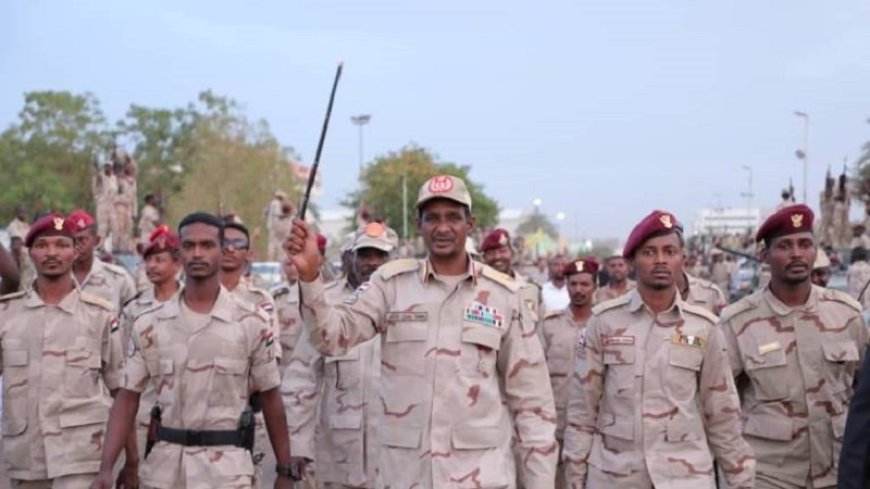UN report: RSF attacks and kills civilians in Darfur, Sudan on the basis of ethnicity
A new report by United Nations experts has said that the RSF Rapid Assistance Forces and the militias that are cooperating with them who are fighting to seize power in Sudan have carried out ethnic killings and rape during the control of a large area of Darfur in the west of the country, and that these actions can being war crimes and crimes against humanity.

The report, submitted to the United Nations Security Council, presents a horrific picture of the atrocities committed by the RSF against Africans in Darfur. In addition, it explains how the rapid aid forces managed to control four of the five states of Darfur, including by using complex financial networks involving several companies. According to the report of the UN panel of experts, Darfur is facing "the worst chaos ever witnessed since 2005." Sudan plunged into chaos in April last year, when the long-standing tension between the army led by General Abdel Fattah al Burhan, and the RSF militia led by Mohammed Hamdan Dagalo, erupted into street fighting in the capital, Khartoum. The fighting has spread to other parts of the country, but it has taken a different shape in the state of Darfur, where RSF militants have carried out brutal attacks against African citizens, especially from the Masalit tribe. Two decades ago, Darfur was known for genocide and war crimes, mainly committed by the notorious Janjaweed militia against people identified as Central or East Africans. Apparently, the same situation at that time has returned again, so much so that the Prosecutor of the International Criminal Court ICC Karim Khan announced at the end of January that there are reasons to believe that both sides fighting in Sudan are committing war crimes, crimes against humanity or genocide in Darfur. The ongoing conflict in Sudan has caused a very bad humanitarian situation and led to the displacement of about six million and eight hundred thousand people, five million four hundred thousand who remain homeless within the country and one million four hundred thousand who have fled to other countries, including five hundred thousand and half who sought asylum in the neighboring country of Chad.













































